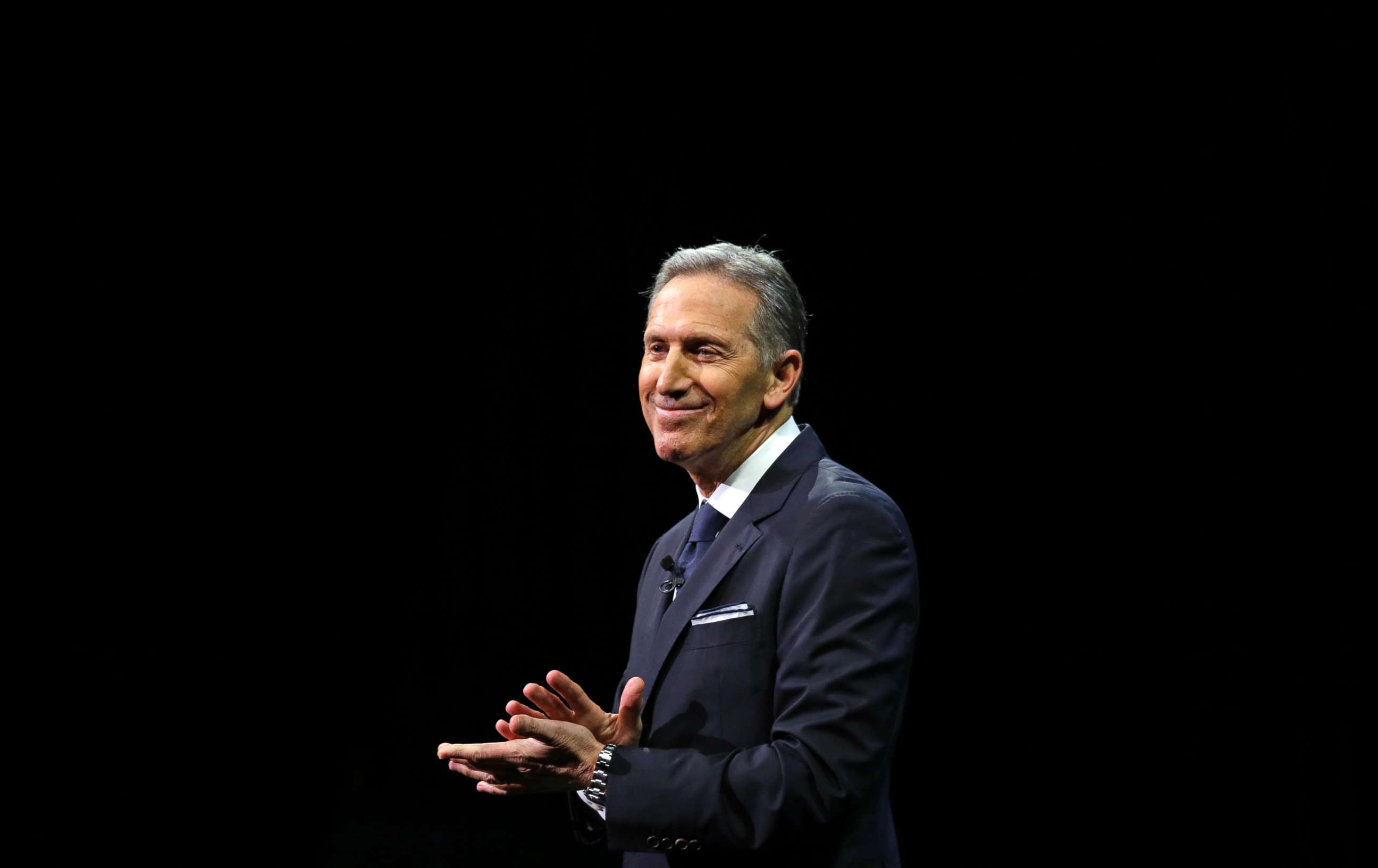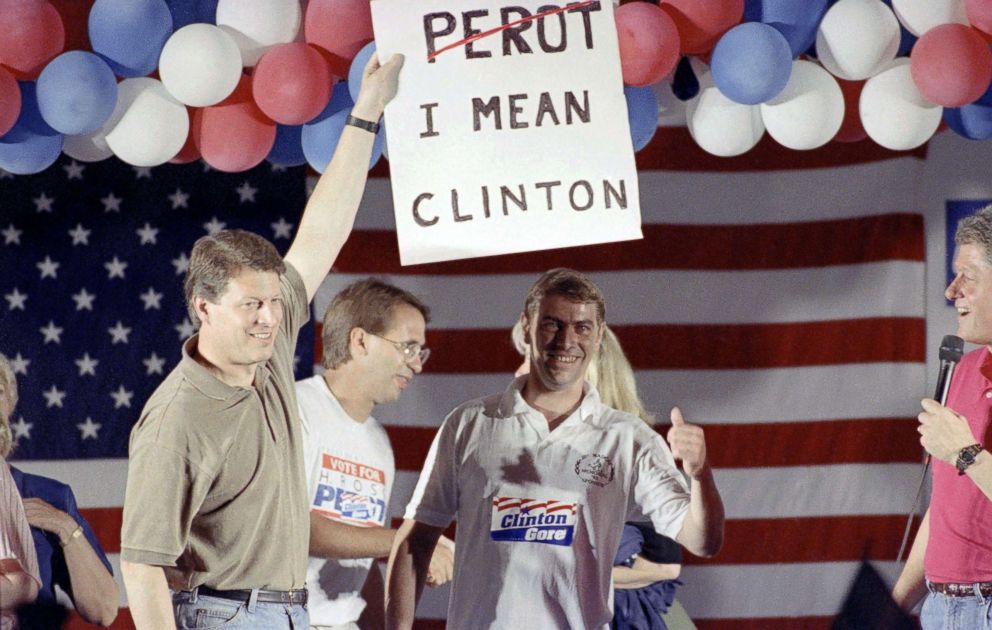Get rid of your assumptions in your life and for the 2020 presidential race: COLUMN
Examine assumptions that you consciously or unconsciously hold.
Too often in life we make grand assumptions that get in the way of truth, connection, community and the compassion we need to share with our world. This happens both in our personal lives as well as in politics.
When we survey the expanse of our own journeys, a little self-reflection should cause us to realize that assumptions we too quickly make prevent us from seeing the truth, realizing our deepest dreams, and put blocks up to the connections we hunger for. I have realized this a number of times in the small circles of my life.
Often because I am stuck in an old story or listen too much to other’s voices, I erect boundaries to achieving my dreams, or understanding some truths or building a community around me.
When we tell ourselves we can’t achieve something because of these assumptions, we don’t make the steps that will get us closer to our dreams. We block a path to seeing a more nuanced truth when we make too many black and white assumptions based either on myths or a landscape that no longer applies.
I have assumed intentions by others and it prevented me from building and creating deeper personal relations with people I cared about. Often it is those assumptions that pile up to mountains that make it hard for us to love or experience the love of another person. We pull away because of those assumptions and then lose the meaningful relationships that we so desperately crave.
And the same is so very true in our politics today. As we watch candidates emerge who have the courage and strength to run for president in the weeks and months ahead, many of us don’t take the time to question assumptions that either aren’t based on facts or that keep us from getting the leader our country is in dire need of.
A few examples:
1. So many pundits and commentators assume a candidate must be "likable" in order to win a presidential race. Defining likability is often a difficult task anyway, and being likable is really in the eye of the beholder. In addition, being likable has never been a determining factor of whether a candidate can win an election.
I can list leader after leader who wasn’t perceived as likable who won a party’s nomination and ultimately an election. Donald Trump in 2016 was the most unfavorable candidate to ever stand for election, and we know how that turned out. My suggestion is to look for a candidate with a big vision and who meets the moment of these times.

2. On an independent candidate running for office (i.e. Howard Schultz), there are assumptions being readily made that are fundamentally not based in reality. Just stating that there are more Independents in America today doesn’t necessarily mean that candidate is going to pick up those votes.
And when one looks at the Electoral College and does any reasoned analysis, once you assign solid red states to the GOP and solid blue states to Dems, there are very few states left for an Independent to realistically win at this time. It seems the greatest impact would be to throw the race into the House of Representatives for a decision.
3. Further on the Independent run, a significant showing by an Independent does not seem to help or hurt one major party more than another. All detailed analysis shows that Bill Clinton did not win in 1992 because of Ross Perot, and Ronald Reagan did not win in 1980 because of John Anderson.
So many other factors were at play and far more important, especially the political environment at the time in America, the approval rating of the incumbent president and the perceptions of the major party challengers.

My suggestion is that we all examine assumptions that we consciously or unconsciously hold and then lay many of those aside. We are likely to enhance all of our relationships in a more meaningful way, and we will get much closer to some of the truths that fundamentally matter.
It is a long way to go before we are left with the distinct choices in the campaign ahead, and my expectation is some candidates will do better than expected while others will wilt in the spotlight. And we really don’t know how each will do until they are tested in the great challenge of a presidential campaign.
America is a vastly different country than it was 50 years ago, or even 10 years ago, and our old dogmas no longer fit the times -- and part of that is assumptions we make that get in the way in the smaller circles of our worlds and in the larger circles of American politics.




